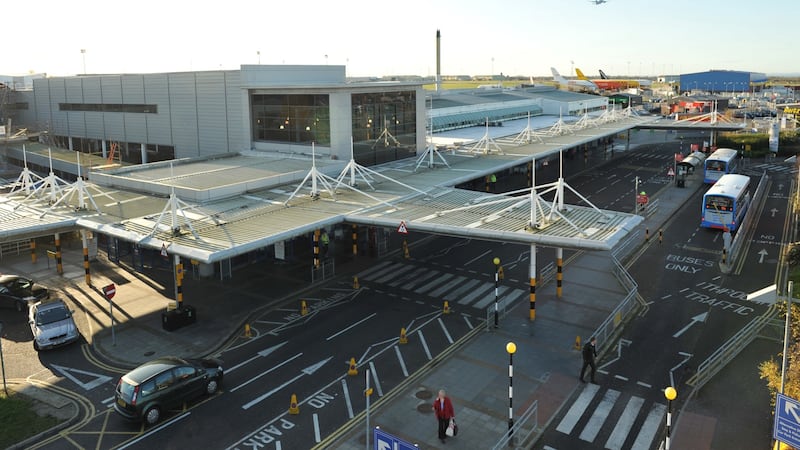FOR most people, modern life is increasingly about good communications. People in Northern Ireland use the internet more each week than anywhere in the UK, so it’s vital they get the quality of service they need.
That’s especially true at Christmas, when people rely on good broadband for things like online shopping, catch-up TV and video calls to friends and family.
Only a few years ago, most of us used the internet on a computer screen in the corner of room. Today in Northern Ireland there’s a tablet computer in more than half of homes, and around two thirds of adults use a smartphone.
But I’m concerned that too many people can’t yet access services like superfast broadband, which is still not available to about a quarter of homes in Northern Ireland.
For economic and technical reasons, these are usually in rural areas. It’s much easier and cheaper to provide superfast broadband through a cable to 100 apartments in the centre of Belfast than to a similar number of dispersed houses in rural County Fermanagh.
To help tackle this problem, Ofcom carries out detailed research on what services households can receive. Today we’re publishing Connected Nations – a report that can help Ofcom, industry, the UK Government and the Northern Ireland Executive better understand what’s good and not so good about communications services in Northern Ireland, and right across the UK.
There is good news in this year’s report. For example, over the last year, Northern Ireland has seen the biggest improvement in 3G mobile coverage anywhere in the UK, up from 63 per cent of premises last year to 73 per cent this year.
Last year, Northern Ireland was ahead of the pack in investing in broadband infrastructure and the region is still well placed, with three quarters of premises having access to superfast broadband services.
We know that further investment is taking place, so we expect that figure to increase. But providing better services to homes and businesses that can’t get even basic broadband requires government intervention. In Northern Ireland, some 5 per cent of homes and businesses are getting less than 2Mbit/s.
Last month the UK government announced plans for every home and business to have a legal right to request a broadband connection of 10Mbit/s by the end of the current parliament.
Even now, consumers can often get better services if they shop around. We are launching several new tools to help people make those decisions. On Ofcom’s website, you can visit an interactive map of Northern Ireland to compare mobile coverage from all the providers at any location.
Broadband at home and in the office is equally important. We estimate that a poor wireless signal could be holding back broadband performance in 160,000 premises across Northern Ireland.
So today we have launched a new app for tablets and smartphones, which allows people to find out if their Wi-Fi signal is working as it should.
And there's more we can do. Our plan is to map the actual broadband connection speeds for every address in the UK next year, telling people what service they can expect from different providers, and helping them to shop around.
Ofcom wants to see the widest possible availability of communications services in Northern Ireland. There has been good progress in recent years, and it’s really important we keep that up.
Our challenge is to keep supporting competition and innovation, while also helping to improve coverage across Northern Ireland – particularly in areas which are harder to reach.
We’ll keep working to make that happen, and to ensure people get the communications services they need, at a high standard and a fair price, wherever they live and work.
:: Sharon White is chief executive of Ofcom








